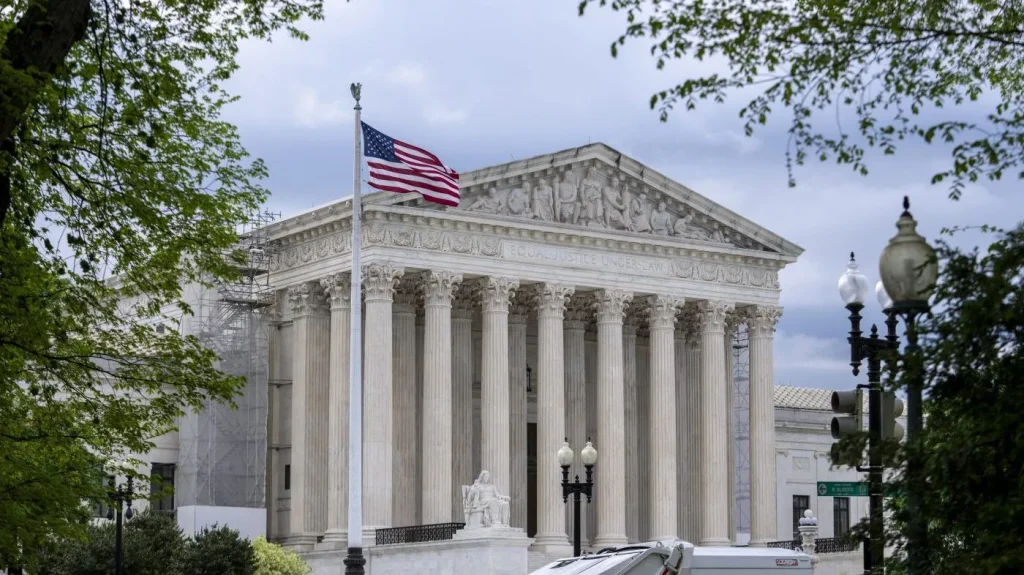The Supreme Court ruled unanimously on Thursday that the National Rifle Association (NRA) can proceed with its First Amendment claim against Maria Vullo, a former New York regulator. The decision, penned by liberal Justice Sonia Sotomayor, revives the NRA’s free speech fight against Vullo, who previously headed the New York Department of Financial Services.
Vullo initiated an investigation into the NRA in 2017, following the Parkland school shooting. She encouraged banks and insurers under her regulation to cut ties with the gun rights group, a move the NRA argues transcended permissible advocacy and constituted unconstitutional government coercion.
While the decision allows the NRA’s case to progress, it doesn’t guarantee a victory. The NRA faces a higher legal burden in the later stages, and the lower court could still grant Vullo qualified immunity, even if her actions were unconstitutional.
Sotomayor stated, “Vullo was free to criticize the NRA and pursue violations of New York insurance law. However, she could not use her power to threaten enforcement actions against regulated entities to punish or suppress the NRA’s gun-promotion advocacy.
The case presented unusual alliances, with the American Civil Liberties Union representing the NRA, marking their first collaboration. Vullo’s lawyer maintained that her investigation was permissible government speech and legitimate law enforcement.
In the March hearing, several justices seemed convinced by the NRA’s arguments, although Sotomayor challenged them at one point. She suggested that the NRA was attempting to set a new precedent in First Amendment case law.
Sotomayor concluded, “The First Amendment forbids government officials from using their power selectively to punish or suppress speech, directly or through private intermediaries, as alleged in this case.
All justices agreed with Sotomayor’s opinion, but two wrote separate opinions. Conservative Justice Neil Gorsuch clarified his interpretation of the ruling, while liberal Justice Ketanji Brown Jackson suggested that the lower courts incorrectly combined the NRA’s censorship and retaliation claims, recommending they be separated as the case advances.










